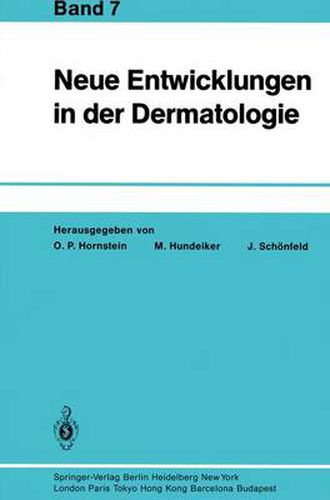Readings Newsletter
Become a Readings Member to make your shopping experience even easier.
Sign in or sign up for free!
You’re not far away from qualifying for FREE standard shipping within Australia
You’ve qualified for FREE standard shipping within Australia
The cart is loading…






This title is printed to order. This book may have been self-published. If so, we cannot guarantee the quality of the content. In the main most books will have gone through the editing process however some may not. We therefore suggest that you be aware of this before ordering this book. If in doubt check either the author or publisher’s details as we are unable to accept any returns unless they are faulty. Please contact us if you have any questions.
Periodontal disease is a general term encompassing several non-tumoral diseases of the periodontium. Some periodontopathies are considered the periodontal manifestation of systemic diseases, e.g. so-called desquamative gingivitis, primary herpetic gingivostomatitis, hormonally mediated changes like pregnancy gingivitis , and some others related to metabolic disturbances, e.g. diabetes mellitus. Drug-associated gingival inflammation, e.g. hydantoin-induced hyperplasia, and rapid onset infections possibly associated to psychosomatic distress like acute necrotizing ulcerative gingivitis (ANUG), are also included. However, the most common periodontal diseases are infectious in origine, initiated by proinflammatory substances derived from the microbial dental plaque accumulating at or near the neck portion of the teeth or crevicular sulcus of the gingiva. There are several classifications of periodontal disease which consider clinical, bacterial, host, and environmental factors. The classification used in this work ‘is generally in accordance to that elaborated by Page and Schroeder (42) and the committee of Deutsche Gesellschaft fiir Parodontologie (13). Periodontal disorders induced by bacteria and named gingivitis and periodontitis, have been considered a group of local infections (39). More than 300 species of bacteria are currently recognized in the oral cavity which may vary interindividually or from site to site on different teeth of the same person. However, only a few species are proven to participate predominantly in the infectious process and have been constantly found in association to certain forms of periodontal disease (30, 39).
$9.00 standard shipping within Australia
FREE standard shipping within Australia for orders over $100.00
Express & International shipping calculated at checkout
Stock availability can be subject to change without notice. We recommend calling the shop or contacting our online team to check availability of low stock items. Please see our Shopping Online page for more details.
This title is printed to order. This book may have been self-published. If so, we cannot guarantee the quality of the content. In the main most books will have gone through the editing process however some may not. We therefore suggest that you be aware of this before ordering this book. If in doubt check either the author or publisher’s details as we are unable to accept any returns unless they are faulty. Please contact us if you have any questions.
Periodontal disease is a general term encompassing several non-tumoral diseases of the periodontium. Some periodontopathies are considered the periodontal manifestation of systemic diseases, e.g. so-called desquamative gingivitis, primary herpetic gingivostomatitis, hormonally mediated changes like pregnancy gingivitis , and some others related to metabolic disturbances, e.g. diabetes mellitus. Drug-associated gingival inflammation, e.g. hydantoin-induced hyperplasia, and rapid onset infections possibly associated to psychosomatic distress like acute necrotizing ulcerative gingivitis (ANUG), are also included. However, the most common periodontal diseases are infectious in origine, initiated by proinflammatory substances derived from the microbial dental plaque accumulating at or near the neck portion of the teeth or crevicular sulcus of the gingiva. There are several classifications of periodontal disease which consider clinical, bacterial, host, and environmental factors. The classification used in this work ‘is generally in accordance to that elaborated by Page and Schroeder (42) and the committee of Deutsche Gesellschaft fiir Parodontologie (13). Periodontal disorders induced by bacteria and named gingivitis and periodontitis, have been considered a group of local infections (39). More than 300 species of bacteria are currently recognized in the oral cavity which may vary interindividually or from site to site on different teeth of the same person. However, only a few species are proven to participate predominantly in the infectious process and have been constantly found in association to certain forms of periodontal disease (30, 39).